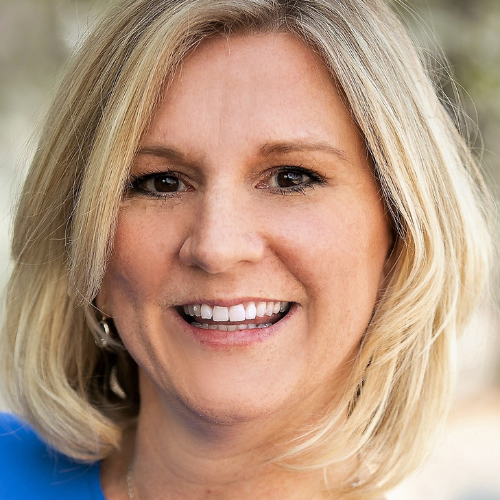Home > Moving Towards Certified Community Behavioral Health Clinics (CCBHC) Webinar Series
Learn more about Community Behavioral Health Clinics (CCBHC) during our three part series.
CCBHC Model Overview, Evolution and What’s Ahead
Educational Objectives
At the conclusion of this material, the participants should be better able to:
Presented by: Angela Schindler-Berg

Angela Schindler-Berg is a Licensed Mental Health Practitioner and has worked with primary care clinics and community-based mental health integrated care services for over 25 years. Angie received her Master of Science with Drake University in Rehabilitation Administration and Clinical Rehabilitation Counseling. She brings expertise in integrated care, mental health, care management, crisis intervention and trauma informed care.
Angie has worked on CMS/CMMI initiatives such as the Comprehensive Primary Care (CPC+) and with SAMHSA on the Primary and Behavioral Health Care Initiative (PBHCI). She also sits on the National Alliance of Mental Illness (NAMI) Nebraska Board and the Primary Care Collaborative (PCC) Behavioral Health Integration Workgroup.
Currently, Ms. Schindler-Berg supports the University of Nebraska Medical Center-Munroe Meyer Institute as a contracted Regional Trainer with the Region 7 Mid-America Mental Health Technical Transfer Center (MHTTC). She facilitates a collaborative network of supports, focusing on resource development and dissemination, training and technical assistance, and workforce development for the mental health field.
CCBHCs: Why, Who, and How
Educational Objectives
At the conclusion of this material, the participants should be better able to:
Presented by: Topher Hansen

Topher started his career in the behavioral health field as a volunteer for the Drug Crisis Center in 1975. After a brief time as a counselor with CenterPointe, Topher attended law school and practiced law from 1985 to 1993. During his time in private practice, he also served as a CenterPointe Board member and as legal counsel for the organization.
In 1993, he returned to the CenterPointe staff as Director of Development/Legal Counsel. He became Chief Executive Officer in 2000.
Topher has served on numerous local and state committees to help develop Nebraska’s policies and delivery of behavioral health services. He is currently serving on the board of the Nebraska Association of Behavioral Health Organizations and the National Council for Behavioral Health.
CCBHC: Understanding the National Landscape, the Model, and the Opportunities
Learning Objectives:
At the conclusion of this material, the participants should be better able to:
Presented By: Renee Boak, MPH

Renee Boak serves as a consultant for the National Council for Mental Wellbeing and specializes in Certified Community Behavioral Health Clinic (CCBHC) implementation for clinics. She provides consulting on the integration of mental health and substance use disorder treatment, implementation of primary care clinics in a community mental health setting, population health management and sustainability.
Boak has experience implementing a Medication Assisted Treatment (MAT) Expansion grant as well applying for Federally Qualified Health Center (FQHC) look-a-like status. Working with CCBHC programs has given her opportunities to engage in innovative practices, such as development of a pilot program to support individuals who are managing diabetes in a community mental health setting and has allowed her to engage in sustainability work through alternative payment methodologies.
Prior to joining the National Council, Boak worked for an organization in Oregon that participated in the two-year demonstration period and was a recipient of a CCBHC Expansion grant.